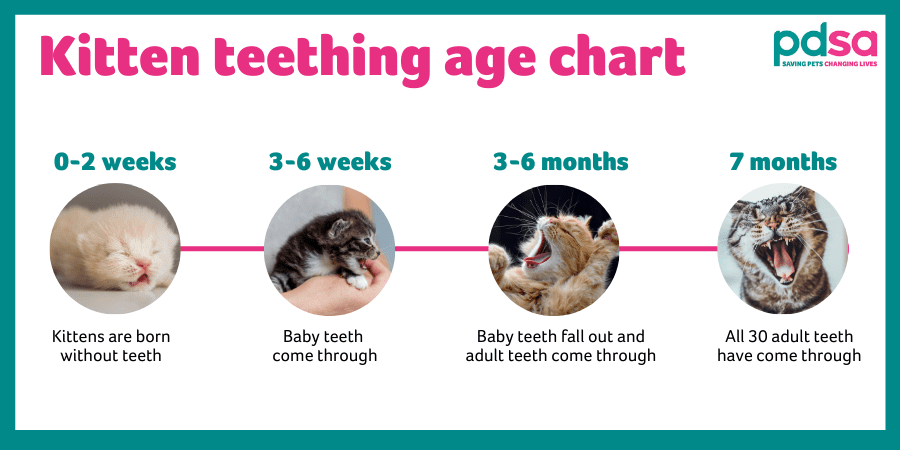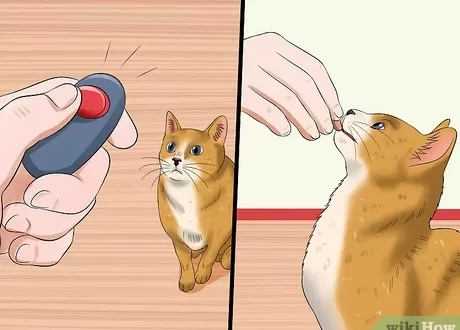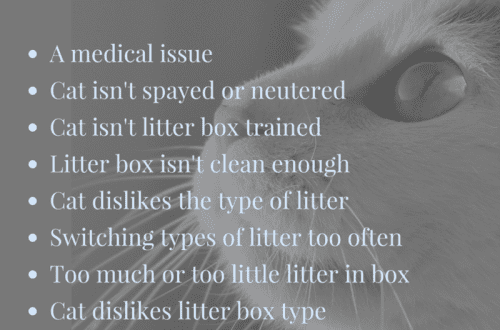
Changing Your Kitten’s Teeth
Most mammals are born toothless, and your kitten is no exception. For the first few weeks after birth, kittens can only feed on mother cat’s milk. As soon as the teeth begin to erupt, it will be possible to gradually switch to solid food.
Baby teeth
Baby teeth are the first to appear in kittens. This happens at the age of about 2-3 weeks. In the process of growth, the number of teeth also increases – a two-month-old baby should have an average of 26 teeth. Temporary teeth differ from molars: they are sharper, thinner and slightly smaller than permanent teeth.
There are four types of teeth in cats:
- Incisors. These are the front teeth located between the fangs. The cat mainly uses them to capture prey or food.
- Fangs. They serve to capture prey and are used for protection in case of a fight with other animals.
- Premolars. With the help of premolars, cats can hold prey, as well as grind food.
- Molars. They perform the same function as premolars. There are no milk molars; the pet’s molars immediately grow.
Change of teeth
The change of milk teeth to permanent teeth begins at about 3-4 months. The age of changing teeth is the same for kittens of all breeds. As soon as a baby tooth falls out, it is almost immediately replaced by a permanent one. In rare cases, milk teeth fall out with a delay: this can lead to dental problems such as malocclusion or misalignment of permanent teeth. If you suspect that your pet has dental problems, be sure to contact your veterinarian.
The order of changing milk teeth to molars is exactly the same as the appearance of milk teeth.
At the age of 3-4 months, milk incisors change to permanent ones.
At 4-5 months, kittens begin to cut permanent fangs.
Premolars grow up to 4-6 months.
Molars grow at about 5 months
How many teeth does a cat have? Your one year old kitten should already have 30 permanent teeth. You can do the calculation yourself, or sign up for an examination at a veterinary clinic.
Dental Care
Caring for your pet’s oral cavity is one of the foundations of his health. To avoid dental diseases in a kitten, its teeth must be carefully monitored. Carefully inspect both milk and molars for contamination, bite patterns or uneven growth. Your veterinarian can show you how to brush your pet’s teeth at home. Also consult with a specialist about what kind of paste and brush to buy in a pet store for a kitten.
If you notice a strong smell from the mouth of a cat, be sure to consult your veterinary clinic, what this may be due to. In addition to improper hygiene, it is possible that your kitten is sick with something.
All problems are easier to prevent, so do not hesitate to contact your veterinarian in time.





